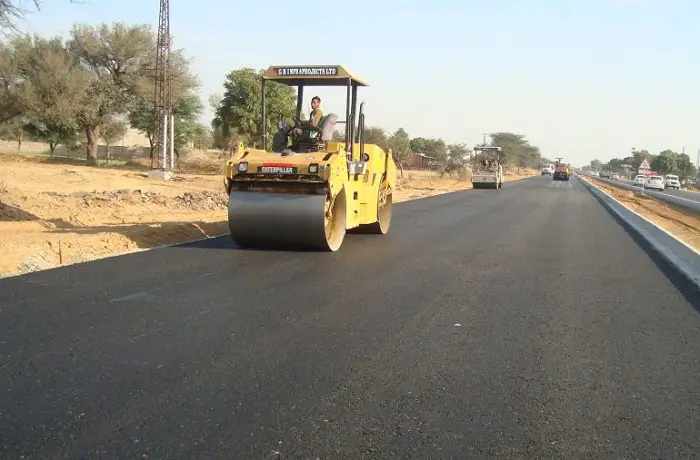The government of Nigeria has inaugurated multiple road projects in Riverine Communities. Vice President Yemi Osinbajo presided over the ceremony as a part of his transformation project to re position the state as a hub of infrastructural development in Nigeria.
The roads commissioned is estimated at a total length of 20.29km. The roads will connect the creeks of Delta state, thereby improving transportation of people and movement of goods within the communities.
“I want to commend Gov. Okowa on this major achievements in the neighborhood and other several initiatives in this kingdom in particular. This kingdom has been a very peaceful kingdom, and a host to several oil and gas companies,” said VP Osinbajo.
Also Read:Mauritius launches Third Lane Near Jin Fei Roundabout
Decaying infrastructure
The road network is expected to span Obotobo 1- Obotobo 11- Sokebolou – Yokri road in Ogulagha Kingdom, Burutu LGA and the Main Axial road at Okerenkoko in Warri southwest local government area of the state.
Decaying infrastructure is one of the deficiencies that Nigeria’s National Economic Empowerment Development Strategy (NEEDS) seeks to address. The government has begun to repair the country’s poorly maintained road network.
Nigeria has the largest road network in West Africa and the second largest south of the Sahara, with roughly 108,000 km of surfaced roads in 1990. However they are poorly maintained and are often cited as a cause for the country’s high rate of road fatalities. In 2004 Nigeria’s Federal Roads Maintenance Agency (FERMA) began to patch the 32,000 kilometre federal roads network, and initiated a more substantial rehabilitation. The rainy season and poor equipment pose challenges to the road maintenance.
Because Nigeria’s railways are in a perilous condition, the government is also trying to rectify the situation by privatizing the Nigerian Railway Corporation. Similarly, the government is pursuing a strategy of partial port privatization by granting concessions to private port operators so that they can improve the quality of port facilities and operations

